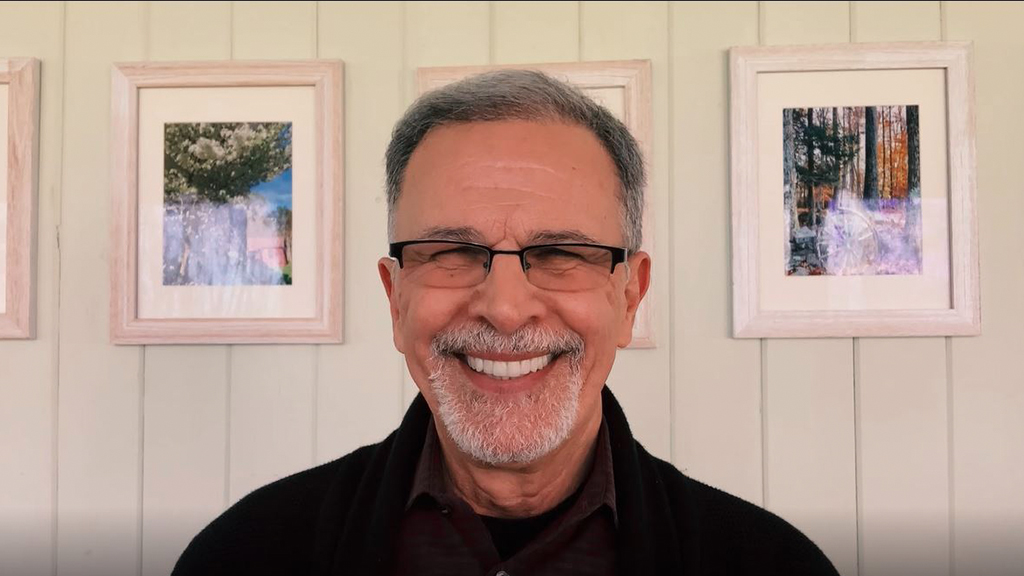
Tony Plana is a familiar face to television and movie watchers. His four decades-long acting career includes roles in “An Officer and a Gentleman,” “The Three Amigos,” “Bombshell,” “West Wing,” and “Ugly Betty,” where he’s remembered for the award-winning turn as the title character’s loving, supportive father.
Plana is also a longtime activist focused on the power of arts education to change lives. “I am a living example of how the arts play an essential role in educating the whole child,” Plana told NSBA 2021 attendees Friday.
NSBA's Council of Urban School Boards sponsored Plana as an Equity Signature Speaker.
Taking the stage, first in speech competitions and then in school plays in his Los Angeles high school, boosted his self-esteem. It also started the process of freeing a student who internalized his feelings and suffered from depression, anxiety, and anger. “It’s why I play angry characters so well,” Plana joked. “It’s so accessible.”
In truth, his feelings were the result of “the adverse impact” of having been “extricated from everything familiar, a common language, common food, religion, culture, and seeing my parents struggle in a strange world leaving promising careers for limited opportunities.”
Plana was 8 when his family immigrated from Cuba, political refugees during the height of the Cold War. “When you consider my humble beginnings as a poor, immigrant English learner, entering a radically different culture with little or no family resources, the career that followed seems miraculous,” he said.
His immersion into acting while in high school engaged him in ways “that were new and different. They somehow freed me.” It became easier to deal with his life “internally and externally.” Plana said he gained focus and resilience. “I was engaged intellectually, emotionally, socially, creatively.”
He went to study at Loyola Marymount University in Los Angeles and London’s Royal Academy of Dramatic Art. Along with his successful acting, directing, and producing career, Plana founded the East LA Classic Theatre, which for 25 years introduced underserved students of color to theater and Shakespeare’s greatest hits.
He proposed to conference attendees that the arts be at the forefront of conversations as schools and districts re-examine core best practices and curriculum design. He pointed to research provided by the online clearinghouse ArtsEdSearch that the arts are key to bridging the achievement gap in school. “They assert that arts bolster skills demanded of a 21st-century workforce and enrich the lives of young people and communities. They prepare students for success in school, work, and life by boosting math and literacy achievement, strengthening perseverance, and facilitating cross-cultural understanding.
“I know this is true because I lived it,” Plana said. By investing in and growing equally accessible arts education programs, “children can change from scared to safe, shy to bold, disgraced to inquisitive, silent to heard.”

Share this content